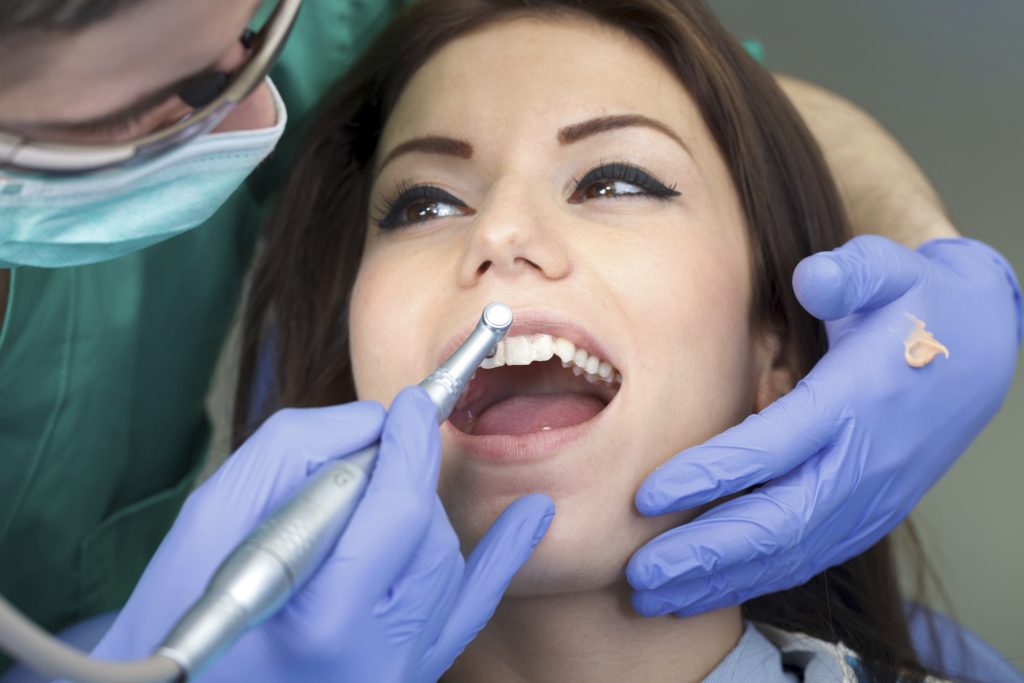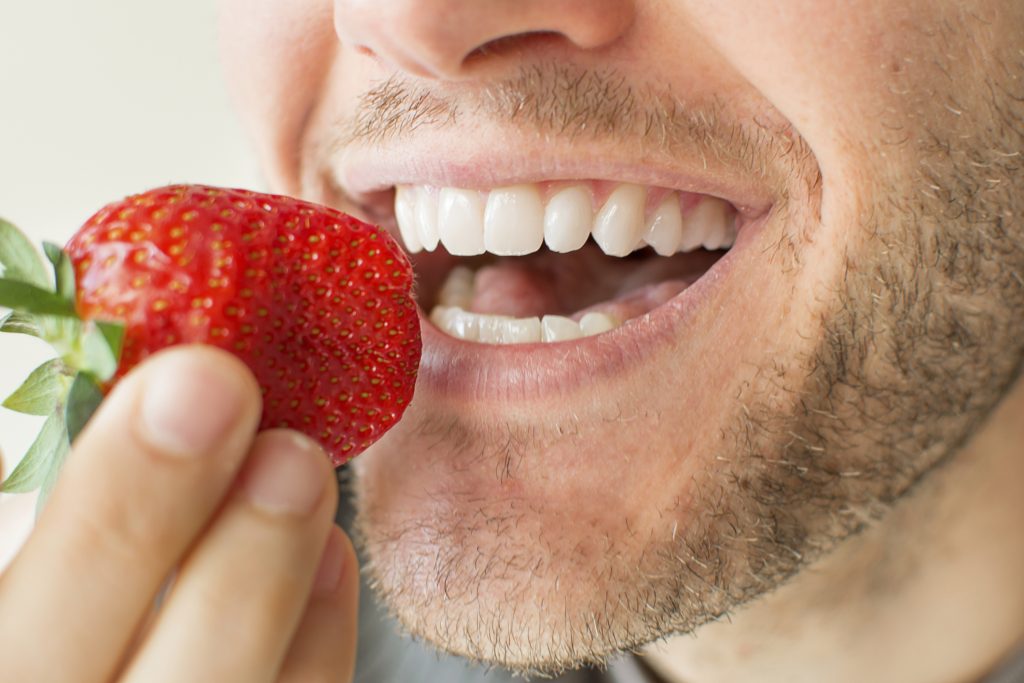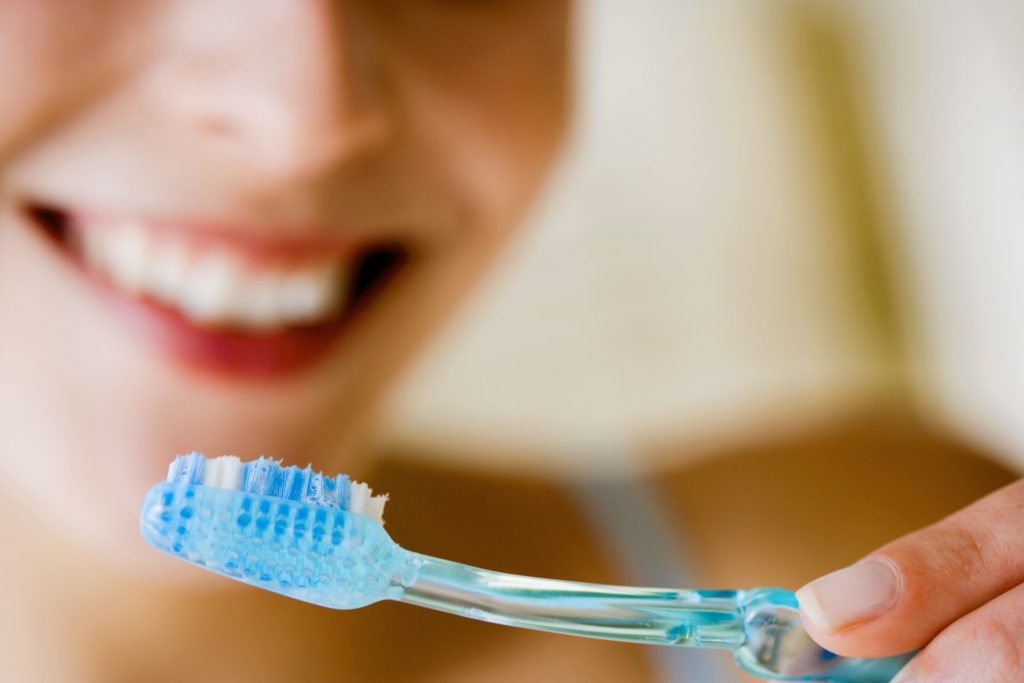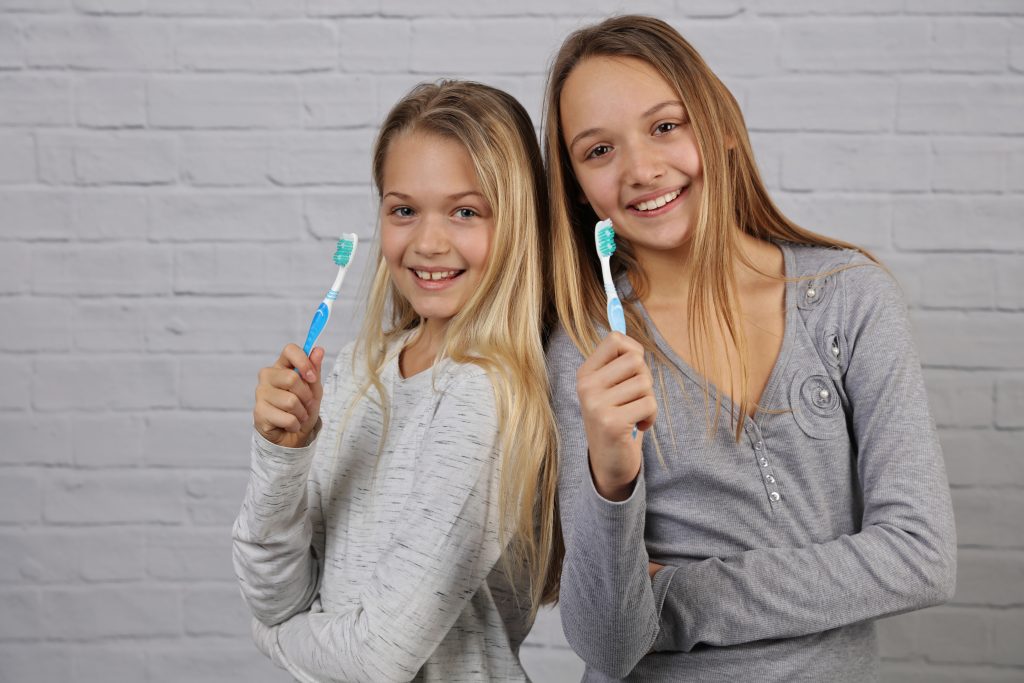
Most people take their trip to the dentist for granted. They go in with the hope that they will hear they have no cavities, a new toothbrush and an appointment to return in 6 months. They don’t really pay attention to what we are doing, but it’s not a bad thing to learn about if you want to improve your oral health.
While most people think that the most important work we do is during the actual exam, the work we do before that is just as important. We start out by looking at the history we have for our patients, including any issues that could signal potential problems with oral health. We also want to look at the x-rays and notes from previous exams to see if there are any changes that signal a potential issue.
During the exam we are looking for more than changes. We look for signs of any bacterial growth that could lead to plaque buildup, the positioning of your teeth and gums, and gaps and pockets that may cause a problem. We look for any discoloration of the teeth or spots on the teeth that are signs of tooth decay. We are looking for the same signs that a patient can look for at home that the health of their teeth and gums are at risk.
We also rely on x-rays to look at the structure of the teeth and gums to spot problems before they become a bigger issue. Our goal is to make sure we can treat any issues as easily as possible to prevent problems before they occur. During an office visit, we will do this and then give you the treatments and tools needed for optimal oral health.
For more information about dental examinations, call Dr. Sciabica in Issaquah, WA at 425-392-3900 or visit www.issaquahdentists.com.
Dr. Frank S. Sciabica proudly serves patients from Issaquah and all surrounding areas.



